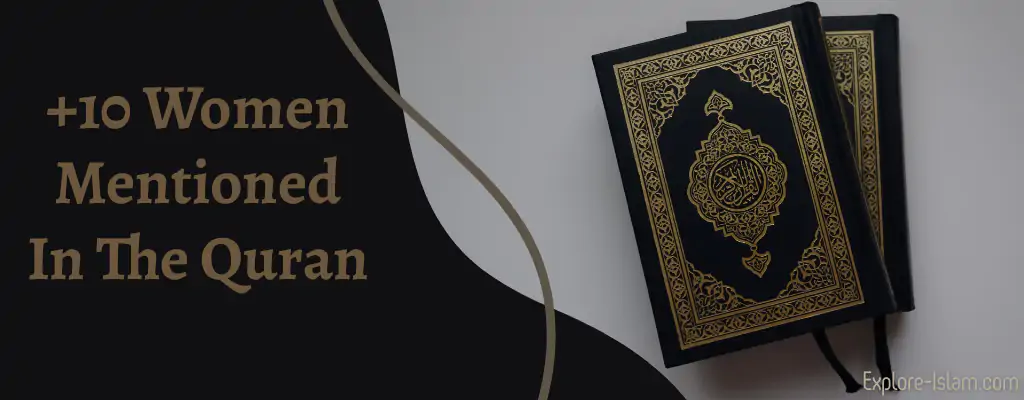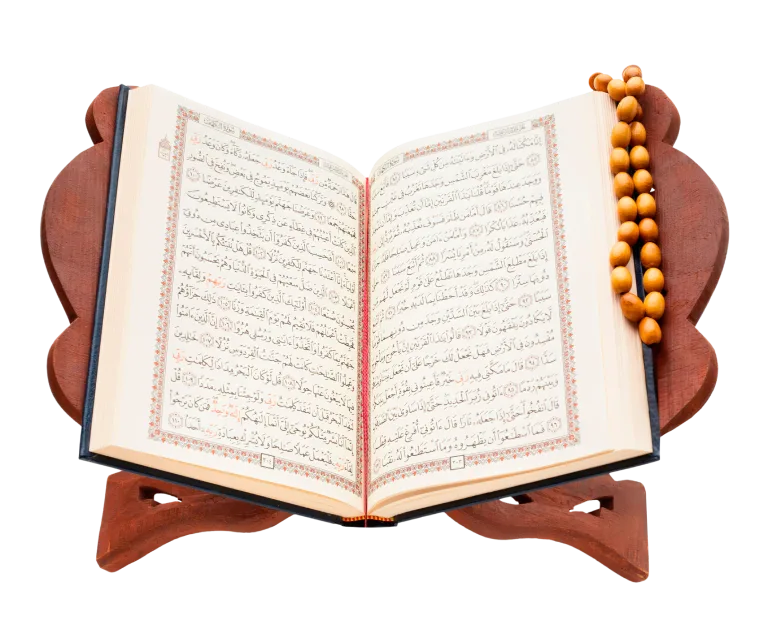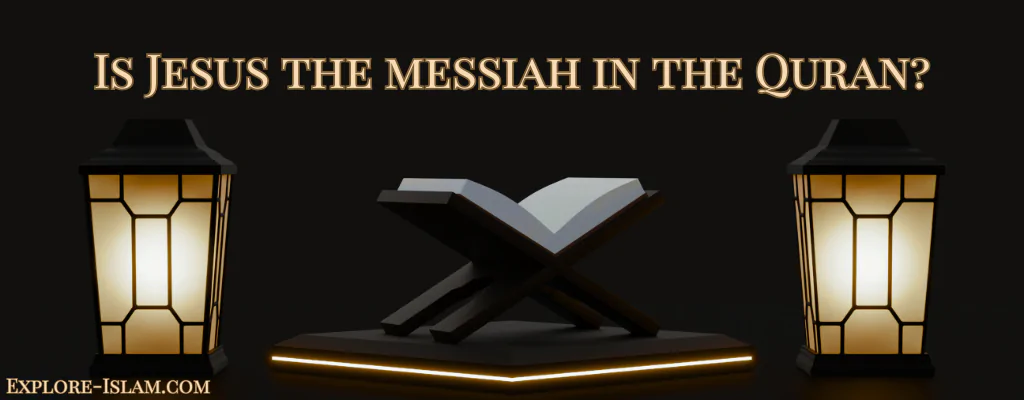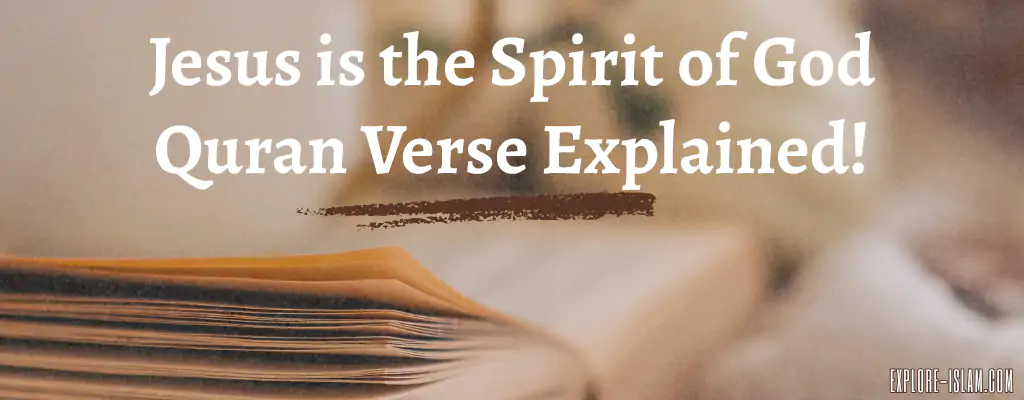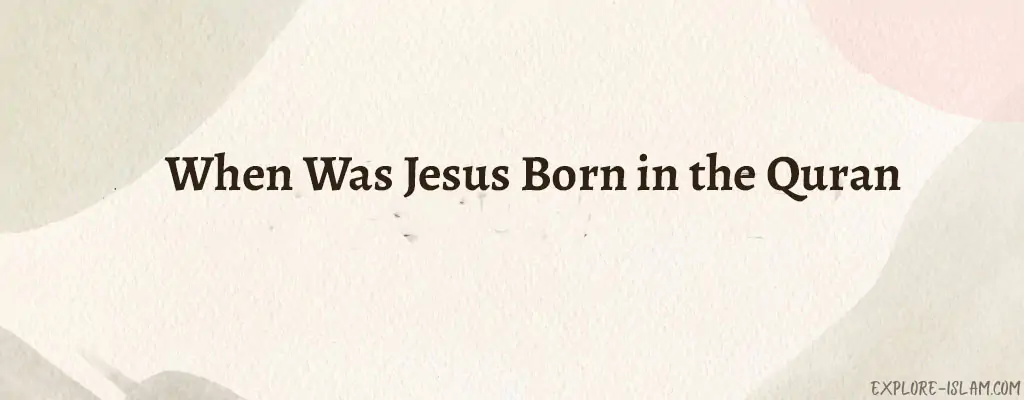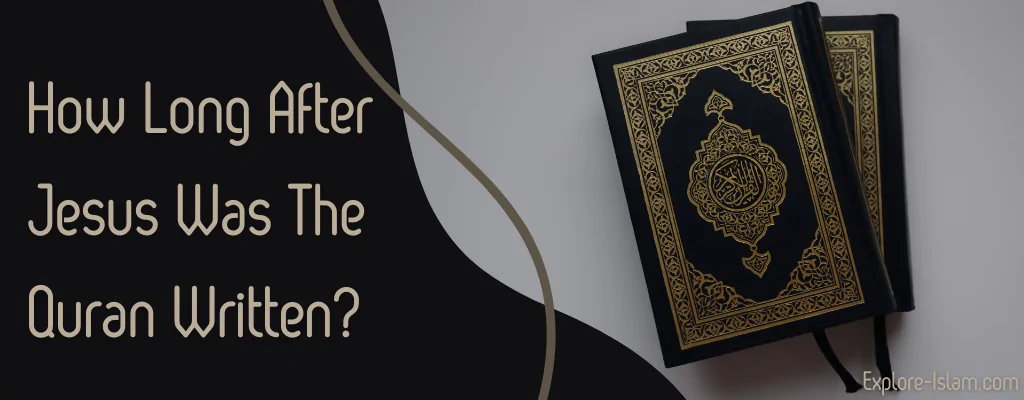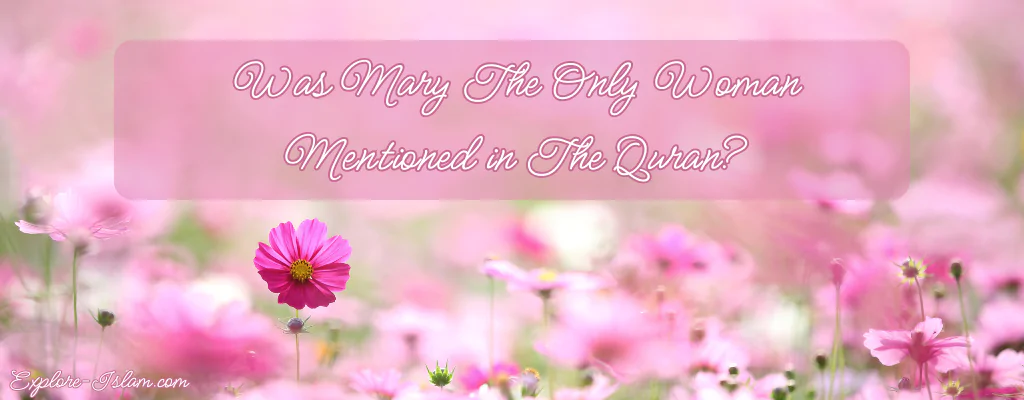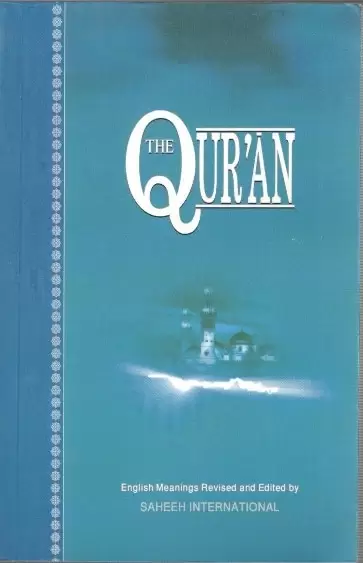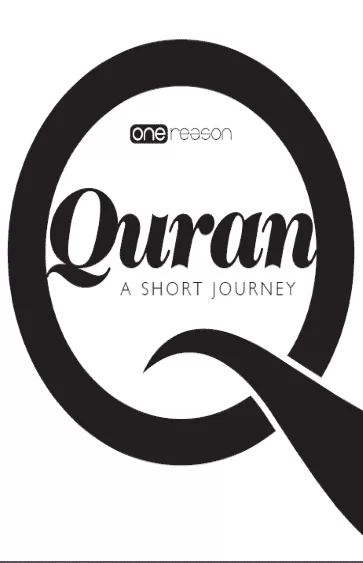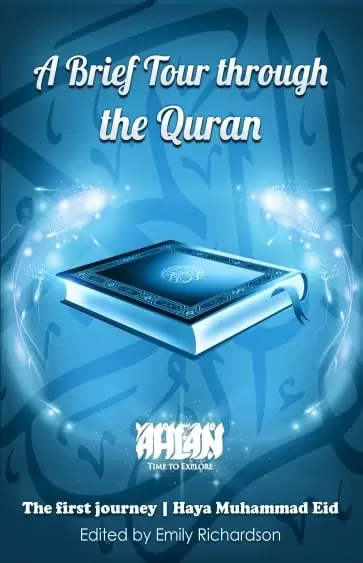Who are the women mentioned in the Quran and what is the significance behind their mention and their stories?
Are the wives of Prophet Muhammad (PBUH) mentioned in the Quran with detailed accounts and successful stories of marriage for the leader?
This article explores the Quranic stories of more than ten women mentioned in the Quran, chosen from throughout history. Through elevated language and significant moral lessons, these stories highlight the divinity of the last message sent from Almighty God to humanity for guidance. Keep reading for more!
Women Mentioned In The Quran
The Quran mentions a group of women in different contexts and stories to provide effective and deeper moral lessons for believers facing various situations throughout the test of life:
- Eve, Adam’s wife: Eve is the mother of all women and the first one mentioned in the Quran as Adam’s spouse and partner in both eating from the tree and repentance.
- Mary’s mother: Mary’s mother is depicted in the introductory part of Mary and Jesus’ story, and she was a righteous woman.
- Mary: Jesus’ mother, Mary, is the only woman mentioned by name in the Quran. Mary was mentioned many times as a high role model for believers due to her elevated position and worship of Almighty God.
- Minister’s wife in Prophet Joseph’s story: A significant character in Prophet Joseph’s story with many moral lessons for both males and females.
- Two ladies of Madyan: The two ladies who appeared in one of Prophet Moses’ stories were an example of the importance of modesty for Muslim women and its positive outcomes.
- Prophet Abraham’s wife: Sarah was mentioned by referral as Prophet Abraham’s wife in the story of the angels when they came to him and gave them the good news of a newborn baby, Isaac (PBUH).
- Pharaoh’s wife: Asiyah is an example of a righteous woman despite the challenge of being the wife of the most tyrant disbeliever of that time.
- Wives of Prophet Noah and Lot: Contrary to Asiyah, the Quran depicts the personal accountability of individuals through the disbelieving wives of two noble Prophets.
- Prophet Muhammad’s wives: Mentioned a few times with referral, not by name, with some advice delivered to them. The approach of their mention proves the divinity of the Quran.
Let’s have a deeper look at these women as mentioned in the Quran.
1. Eve is the first woman mentioned in the Quran
When you start reading the Quran from the beginning, the first woman that will meet you directly in the second chapter is Eve, Prophet Adam’s wife. After that, she is repeatedly mentioned in other chapters with her husband.
Eve (Hawwa) is one of the notable women mentioned in the Quran, though not by name, but through her role as the wife of Adam. Unlike other traditions that place full blame on her, the Quran presents Eve and Adam as equal partners in both the mistake of eating from the forbidden tree and in sincere repentance.
Both are held accountable, and both are forgiven by Almighty God, highlighting the Quran’s balanced and just approach to gender responsibility.
Eve’s story also emphasizes her creation from Adam for companionship and comfort, not subordination. She shared with Adam the blessings of Paradise, the trial of temptation, and the descent to Earth.
Her mention in the Quran reflects the broader theme of honor and spiritual equality granted to women, joining other revered female figures like Mary (Maryam), the only woman named in the Quran, showing the significance of women’s roles in divine history.
2. Mary’s Mother in the Quran
Mary’s mother, the grandmother of Prophet Jesus, was the second woman mentioned in the Quran. She is introduced in the context of Jesus and Mary’s lineage, narrating their story from the very beginning and refuting misconceptions surrounding them.
The Quran tells us that Mary’s family was chosen by Almighty God for their righteousness and recounts the events of Mary’s mother’s pregnancy and her giving birth to Mary. Upon realizing her pregnancy, Mary’s mother supplicates to her Lord, saying:
“My Lord! I dedicate what is in my womb entirely to Your service, so accept it from me.”
Mary’s mother did not know that her baby would be a girl. So, when she gave birth to Mary, she supplicated:
“My Lord! I have given birth to a girl.” Since service at the temple was reserved for males, she added, “And the male is not like the female. I have named her Mary, and I seek Your protection for her and her offspring from Satan, the accursed.”
Thus, Mary’s mother is depicted as a righteous woman, devoted to Almighty God. She wished for her offspring to serve in the place of worship and sought divine protection for them from Satan.
3. Mary the Mother of Jesus Is the Only Woman Mentioned by Name in the Quran
The Quran mentions Mary, the mother of Jesus, multiple times across different chapters, even dedicating an entire chapter to her name. Mary is described in the Quran as a highly righteous model, chosen and purified by Almighty God:
“And ˹remember˺ when the angels said, ‘O Mary! Surely Allah has selected you, purified you, and chosen you over all women of the world.”
Additionally, Almighty God endowed her with miracles, such as receiving special provisions out of season and miraculously giving birth to Prophet Jesus without a father:
“O Mary! Allah gives you good news of a Word from Him [i.e., Jesus, as Almighty God creates him miraculously by the word ‘Be’], his name will be the Messiah, Jesus, son of Mary; … Mary wondered, ‘My Lord! How can I have a child when no man has ever touched me?’ An angel replied, ‘So will it be. Allah creates what He wills. When He decrees a matter, He simply tells it, ‘Be!’ And it is!’”
For more about the Quranic verses that depict Mary in the Quran refer to: Mary In The Quran
4. Minister’s Wife in the Story of Prophet Joseph
The minister’s wife is one of the prominent characters in the story of Prophet Joseph, as narrated in Surah Yusuf (Chapter 12) of the Quran. Initially, she appears as a woman who falls in love with Prophet Joseph and attempts to seduce him. Her false accusations lead to his imprisonment. However, by the end of the story, after the truth is revealed, she repents and admits her wrongdoing:
“Then the Chief Minister’s wife admitted, ‘Now the truth has come to light. It was I who tried to seduce him, and he is surely truthful. … Allah certainly does not guide the scheming of the dishonest.’”
This story conveys profound moral lessons for both men and women in a noble and chaste manner. It highlights the reward of the righteous, even when they face trials in life. For the full account of Prophet Joseph’s story, read the complete Surah Yusuf in the Quran.
5. The Two Bashful Ladies of Madyan
The Quran presents the example of chaste, unmarried women for believers through the story of the two bashful ladies of Madyan. They encountered Prophet Moses (PBUH) after he fled from the tyrant Pharaoh to Madyan. The women were tending to their sheep, and Prophet Moses selflessly assisted them without seeking any reward. Later, at their father’s request, one of them approached him:
“Then one of the two women came to him, walking bashfully. She said, ‘My father is inviting you so he may reward you for watering ˹our animals˺ for us.’”
Eventually, Prophet Moses married one of the two women after their father proposed the union.
This story emphasizes the modest and dignified conduct of righteous women when interacting with unrelated men and highlights the virtue of bashfulness for women. For the full account, refer to Surah Al-Qasas (28:22-29).
6. Sarah: Prophet Abraham’s Wife
Sarah was mentioned in the Quran as Abraham’s wife, while in the Prophetic sayings, her name is mentioned. Sarah is mentioned in two instances in the Quran, Surah Adh-Dhariyat (51:24-30) and Surah Hud (11:69-73), in the context of angels visiting her husband, Prophet Abraham (PBUH). They brought him news of the destruction of the sinful people of Prophet Lot (PBUH) and the glad tidings of the birth of Isaac (PBUH):
“And his wife was standing by… We gave her good news of ˹the birth of˺ Isaac, and, after him, Jacob.”
Since she and her husband were elderly, she was astonished by this news. The angels reassured her, saying:
“Are you astonished by Allah’s decree? May Allah’s mercy and blessings be upon you, O people of this house.”
7. Pharaoh’s Wife in the Quran
Asiyah, the wife of the tyrant Pharaoh who falsely claimed divinity, is one of the elevated believers mentioned in the Quran as a high model for women. Despite facing immense challenges, she remained steadfast in her devotion to the true religion. She is an example of a woman who persevered in her faith:
“And Allah sets forth an example for the believers: the wife of Pharaoh, who prayed, ‘My Lord! Build me a house in Paradise near You, deliver me from Pharaoh and his ˹evil˺ doing, and save me from the wrongdoing people.’”
She believed in the One Almighty God and accepted the message of Prophet Moses, facing all the consequences of her decision, even though she could have remained as a queen in disbelief.
8. Wives of Prophet Noah and Prophet Lot
The wives of Prophet Noah (PBUH) and Prophet Lot (PBUH) are depicted in the Quran as disbelieving women who did not benefit from the high rank of their husbands as prophets. Their example contrasts with that of Pharaoh’s wife, who, despite her position, chose to believe and became one of the best women on earth. This contrast highlights the principle of individual accountability.
The Quran addresses the actions and disbelief of the wives of Noah and Lot, warning against following their path:
“Allah [One True God] sets forth an example for the disbelievers: the wife of Noah and the wife of Lot. Each was married to one of Our righteous servants, yet betrayed them [by disbelief]. So their husbands were of no benefit to them against Allah whatsoever.”
Noah’s wife used to reveal the identity of the new believers to the disbelievers, leading them to persecute them. Lot’s wife used to inform the men about her husband’s handsome male visitors, encouraging them to approach. Both women ultimately ended up in the Hellfire.
9. Prophet Muhammad’s Wives in the Quran
The Quran addresses the wives of Prophet Muhammad (PBUH) in two chapters, Al-Ahzab and At-Tahrim, highlighting their roles and challenges. In Al-Ahzab, when the Prophet’s wives faced hardship and poverty, they were given the choice to either remain in asceticism with him or choose divorce for a better life. All of them chose to stay, and their devotion was honored by Allah. The chapter also emphasizes the high status of the Prophet’s wives, providing them with guidance on modesty, religion, and calling others to faith.
In At-Tahrim, the Quran reprimands Aisha and Hafsah for attempting to restrict lawful matters for the Prophet out of jealousy. They are urged to repent and reconcile with Allah, or else face the possibility of being replaced by better wives. The Quran’s portrayal of the Prophet’s wives, including their faults and the difficulties they faced, confirms that the Quran is a divinely revealed book, not authored by Prophet Muhammad (PBUH). The absence of idealized accounts and the inclusion of corrective lessons indicate the Quran’s authenticity as a divine scripture.
To learn more about the authorship of the Quran and why all possibilities except the divine source are refuted, refer to this article: The truth behind the authorship of the Quran.
Conclusion
To conclude, this article explores the Quranic depiction of selected women mentioned in the Quran across various timeframes, characters, and situations. Islam is the religion of all Prophets, starting from Prophet Adam to Prophet Muhammad (PBUH). This is why the Quran presents women as role models and examples from early history, not just from the time of Prophet Muhammad.
The stories of women in the Quran highlight the following significant principles:
- Women share the same human traits as men, including weakness, the potential to sin, and the ability to repent, as seen in the example of Eve.
- Righteousness elevates a person, as exemplified by Mary, the mother of Jesus (PBUH).
- Natural love can develop between men and women, and each partner bears the responsibility of choosing either elevation or degradation in their relationship. This principle is highlighted in the women mentioned in stories of Prophet Joseph and Prophet Moses.
- Individual accountability in Islam is emphasized through the example of Asiyah, the wife of Pharaoh, who chose to be elevated by faith. In contrast, the wives of Prophet Noah and Prophet Lot degraded themselves through disbelief, despite being married to prophets.
- The wives of Prophet Muhammad (PBUH) are mentioned in limited situations compared to other women, such as Mary. This serves as proof of the Quran’s divine origin, as it addresses all of humanity rather than solely focusing on the Prophet’s personal life.
Curious to learn more about women in Islam? Explore this series of articles or start a chat with our team for further discussion!

